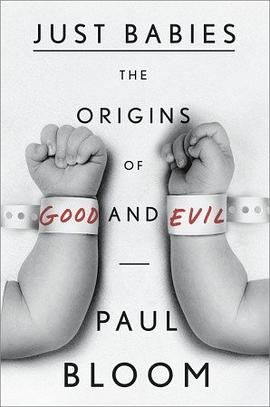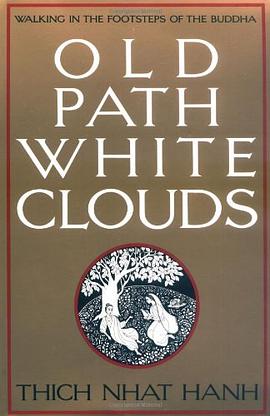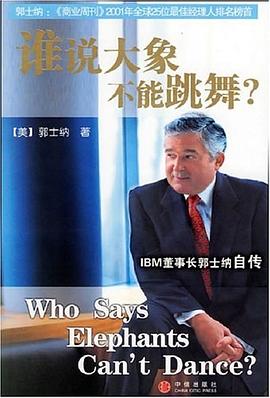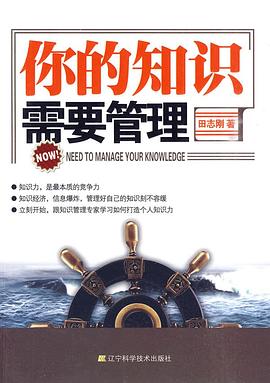Just Babies
内容简介
From John Locke to Sigmund Freud, philosophers and psychologists have long believed that we begin life as blank moral slates. Many of us take for granted that babies are born selfish and that it is the role of society—and especially parents—to transform them from little sociopaths into civilized beings. In Just Babies, Paul Bloom argues that humans are in fact hardwired with a sense of morality. Drawing on groundbreaking research at Yale, Bloom demonstrates that, even before they can speak or walk, babies judge the goodness and badness of others’ actions; feel empathy and compassion; act to soothe those in distress; and have a rudimentary sense of justice.
Still, this innate morality is limited, sometimes tragically. We are naturally hostile to strangers, prone to parochialism and bigotry. Bringing together insights from psychology, behavioral economics, evolutionary biology, and philosophy, Bloom explores how we have come to surpass these limitations. Along the way, he examines the morality of chimpanzees, violent psychopaths, religious extremists, and Ivy League professors, and explores our often puzzling moral feelings about sex, politics, religion, and race.
In his analysis of the morality of children and adults, Bloom rejects the fashionable view that our moral decisions are driven mainly by gut feelings and unconscious biases. Just as reason has driven our great scientific discoveries, he argues, it is reason and deliberation that makes possible our moral discoveries, such as the wrongness of slavery. Ultimately, it is through our imagination, our compassion, and our uniquely human capacity for rational thought that we can transcend the primitive sense of morality we were born with, becoming more than just babies.
Paul Bloom has a gift for bringing abstract ideas to life, moving seamlessly from Darwin, Herodotus, and Adam Smith to The Princess Bride, Hannibal Lecter, and Louis C.K. Vivid, witty, and intellectually probing, Just Babies offers a radical new perspective on our moral lives.
......(更多)
作者简介
Paul Bloom is the Brooks and Suzanne Ragen Professor of Psychology at Yale University. He is the author or editor of six books, including the acclaimed How Pleasure Works. He has won numerous awards for his research and teaching, and his scientific and popular articles have appeared in The New York Times Magazine, Nature, The New Yorker, The Atlantic, Science, Slate, The Best American Science Writing, and many other publications. He lives in New Haven with his wife and two sons. Visit his website at paulbloomatyale.com and follow him on Twitter at @paulbloomatyale.
......(更多)
目录
Contents
Preface 1
1 The Moral Life of Babies 7
2 Empathy and Compassion 33
3 Fairness, Status, and
Punishment 59
4 Others 101
5 Bodies 131
6 Family Matters 159
7 How to Be Good 187
Acknowledgments 219
Notes 223
Index 265
......(更多)
读书文摘
我们的道德本能包括: ◎道德感——我们有一定的区分善意和恶意行为的能力。 ◎共情和同情——我们会因周围人的痛苦而痛苦,进而希望自己能消除他人的痛苦。 ◎原始的公平意识——我们更喜欢平均分配资源。 ◎原始的公正意识——我们渴望看到善行得好报,恶行遭惩罚。
......(更多)






